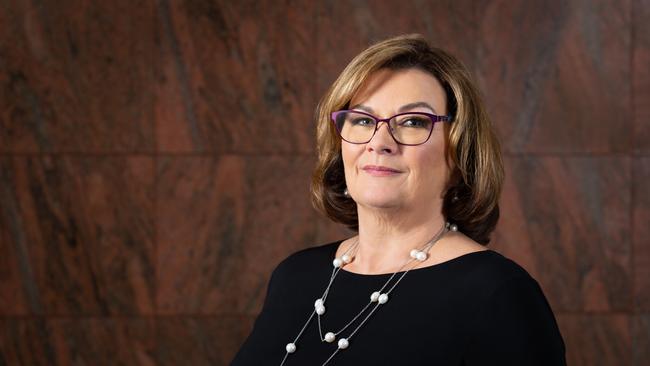Financial advice: When, how and where to get it
A good financial planner can be worth their weight if good, and a starting point is knowing how and where to find one.

Changing rules around tax and superannuation are making quality financial advice more valuable than ever, although a shortage of professional planners has shrunk the options for consumers.
The number of Australian financial planners has fallen almost 40 per cent since 2019, from more than 25,000 to around 16,000, leading to some advisers closing their books to new clients as demand exceeds supply and pushes advice costs higher.
Advisers are having to do much more work, costing them more money, amid a heavy compliance load following the royal commission into financial services from 2017 to 2019.
Fees have climbed sharply, with many advisers charging hourly rates between $200 and $400, and a full financial plan now costing between $3000 and $10,000 depending on its complexity.
Despite the hefty price tag, advisers often save their clients thousands more dollars through smart advice around superannuation, tax, investment and estate planning strategies.

A key question for many people is do they need financial advice? This can often be answered by a free initial consultation lasting perhaps 30 minutes where a planner can explain the benefits they can bring.
ADVICE OR COUNSELLING?
If you’re struggling financially, deep in debt, and have no money or super to invest, a financial planner is probably not the best move. Free counselling services are available on 1800 007 007 and there are several budgeting companies, apps, platforms and advice sources online.
Planners typically advise on retirement strategies, investment, insurance, motivation, goal setting and budgeting.
MBA Financial Strategists director Darren James says budgeting advice forms a significant part of what they do, along with keeping on top of legislation changes.
“We are five months from the end of financial year and we don’t know what the tax rates will be,” he says.
“We look at this on a day-to-day basis, but can you as an individual keep up?”
James says it is important to “identify the why” when it comes to financial and life goals.
“A big part is helping people identify what their goals are,” he says.
Gone are old commission-based pricing models that led to conflicts of interest among planners, as uncovered in the royal commission. Financial planning today is fee-for-service.
“You have to be able to see the value of the advice you are paying for,” James says.
CreationWealth senior financial adviser Andrew Zbik says advisers and their clients have seen a “fundamental change” in financial planning in recent years.
“Change is a constant, but now we have many provisions that you can take advantage of that are retrospective,” he says.
SUPER CONFUSION
The most obvious example is superannuation’s catch-up rules, introduced in 2018, that allow people to deposit five previous years of unused concessional contributions and claim a tax deduction for it – as long as their super balance is below $500,000.
Add this to the pile of other rules around tax-deductible contributions, spouse contributions, super splitting, non-concessional contributions and government co-contributions, and it’s no wonder the average super fund member is confused about their options.
“It’s a matrix, and many people are trying to figure out what they do this financial year,” Zbik says.

Compliance and regulations have sent costs soaring. “It takes me double the amount of time to provide the same advice I was three to five years ago,” Zbik says.
JBS Financial Strategists CEO Jenny Brown says to find a good adviser, people can ask friends, family and others “who you trust and respect” for recommendations.
The Financial Advice Association of Australia and SMSF Association have online search tools that can help find advisers too, Brown says.
“And accountants are often a good source to get an introduction,” she says.
People should speak with a couple of different planners to find one they gel with.
“It’s not like getting money out of the bank and never seeing the teller again – it’s an ongoing relationship,” Brown says.
“The closer you are to retirement, the more likely you are going to need to get some advice.”
HOW TO FIND AN ADVISER
• Seek recommendations from people you know.
• Speak with your lender of financial institution.
• Contact your superannuation fund.
• Check with a professional advice association.
Source: Moneysmart.gov.au





To join the conversation, please log in. Don't have an account? Register
Join the conversation, you are commenting as Logout